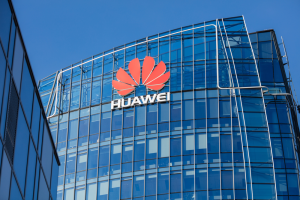"For the past two plus decades we have vigorously enforced the Foreign Corrupt Practices Act or ‘FCPA,’ ” Mr. Clayton said, noting that the SEC has brought nearly 80 FCPA cases in the past five years alone, involving alleged misconduct in more than 60 countries.
“We should, however, recognize that we are acting largely alone and other countries may be incentivized to play, and I believe some are in fact playing, strategies that take advantage of our laudable efforts.”
So, how can this pervasive challenge of prosecuting corruption outside the US best be addressed? And what are the impacts on US companies from the current uneven playing field?
“Preventing bribery of foreign government officials is not a US problem. It’s a global problem,” says notes Bill Martin, counsel in O’Melveny’s White Collar practice, based in New York.
“But for too long, the US has been one of only a few countries willing to investigate and prosecute this conduct. While other countries have benefited from our efforts to discourage bribery abroad, US companies have often found themselves competing against foreign adversaries who are not bound by laws like the FCPA,” adds Martin who recently joined O’Melveny following his role as senior counsel in the SEC’s Market Abuse Unit.
“It is laudable that Chairman Clayton urges other governments to fight corruption, and both the SEC and the Department of Justice should also identify opportunities to share some of the substantial technical expertise they have amassed over years of FCPA enforcement,” Martin concluded.




















